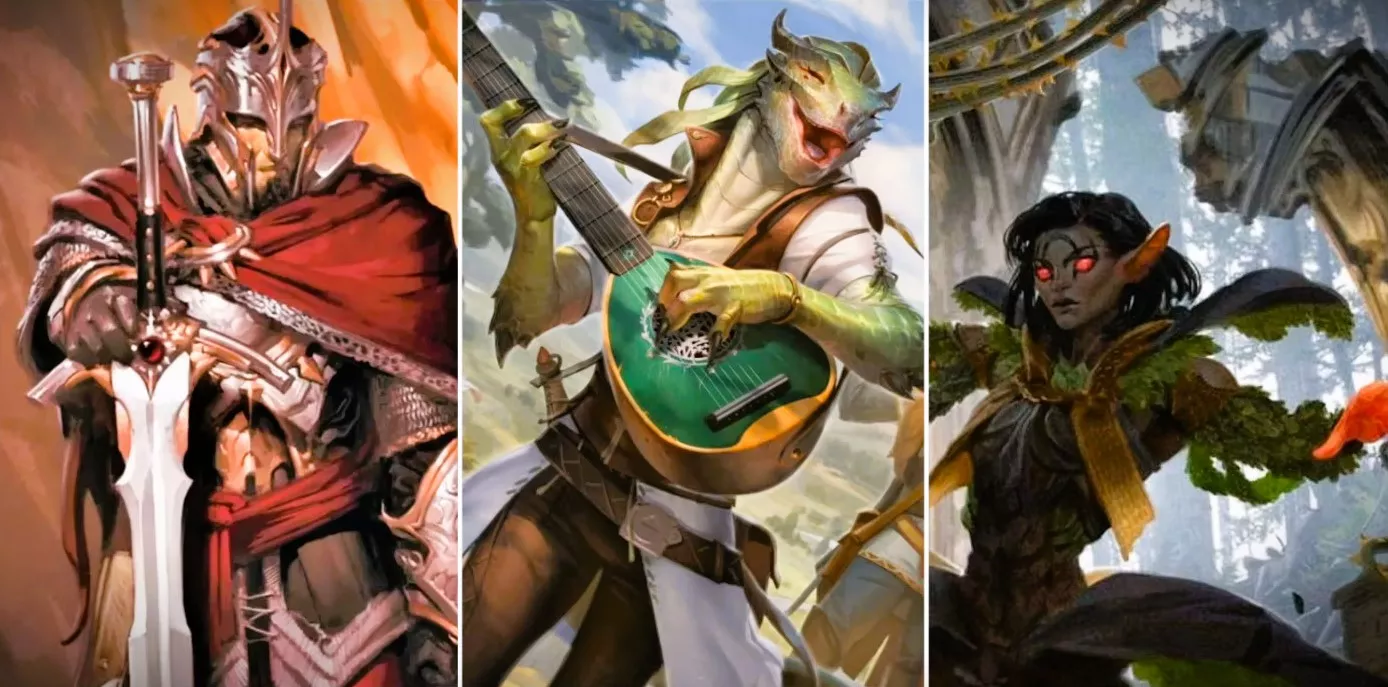One D&D, the upcoming edition of Dungeons & Dragons currently in playtesting, has made significant changes to many aspects of the D&D Fifth Edition ruleset. While it is not a complete overhaul like previous editions, One D&D has extensively reworked various elements of the game.
A major emphasis of each One D&D playtest document has been on player-facing options. With the release of Player’s Handbook Playtest 6, every class has been introduced with new rules at least once, and some classes have undergone multiple iterations. While the extent of changes may vary across classes, none of them remain identical to their D&D 5e counterparts.
Bard
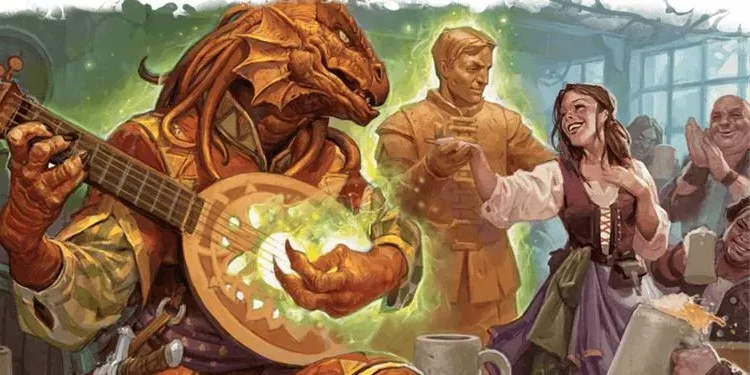
The bard was one of the initial classes revealed in the Expert Classes document for One D&D. However, it underwent significant alterations in the Playtest 6, with many changes from the first iteration being reversed. Notable adjustments included turning Bardic Inspiration into a reaction, introducing a healing aspect to Bardic Inspiration, and restricting the bard to specific schools of magic.
In Playtest 6, the bard reverts most of these changes to align more closely with D&D 5e. However, it also grants One D&D bards the ability to select and prepare spells from any of the three new spell lists: Arcane, Divine, and Primal. At 10th level, through Magical Secrets, bards can prepare spells from all three lists. Additionally, their twentieth-level capstone feature allows them to constantly prepare enhanced versions of Power Word Kill and Power Word Heal. Moreover, a new subclass, the College of Dance, has been introduced, emphasizing unarmed combat.
Cleric

The One D&D cleric class has its own dedicated playtest document, as well as a re-release in Playtest 6. Both versions share similarities while also exhibiting consistent deviations from the D&D 5e counterpart. In One D&D, clerics choose a Divine Order alongside a subclass. Unlike the divided weapon- and cantrip-focused subcategories in 5e’s cleric Domains, One D&D allows players to freely choose either option regardless of their Domain.
In One D&D, clerics acquire their subclass at third level instead of first. Their Channel Divinity presents more generalized options, such as Divine Spark, which can be used to either heal or deal damage. The mechanics of Divine Intervention have also been altered, ensuring an automatic success once per day. However, it is limited to casting Divine spells of fifth level or lower until the cleric gains access to Greater Divine Intervention.
Barbarian
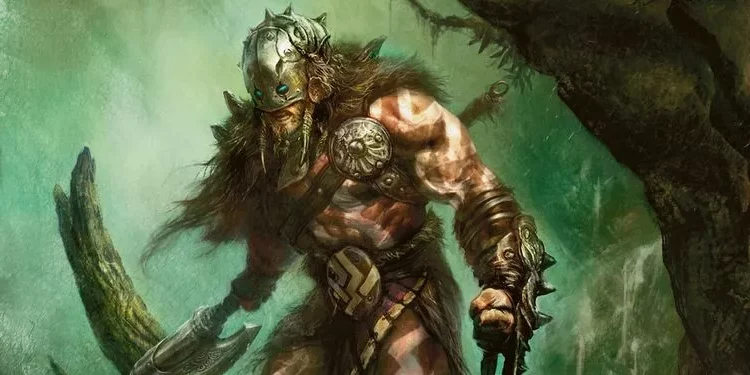
The One D&D barbarian class has been released with one available subclass, which closely resembles the D&D 5e version. However, the barbarian receives several new and revamped mechanics. Similar to other martial classes, they now gain Weapon Mastery, expanding their combat options.
One notable change is the substantial alteration to Rage. It is no longer solely a combat feature that requires attacking or taking damage to maintain. Rage now provides out-of-combat benefits to skills such as Intimidation and Perception. Additionally, several abilities have been made accessible at earlier levels, including the former capstone ability of the barbarian, Primal Champion. The berserker subclass no longer trades Exhaustion for bonus action attacks, instead inflicting extra damage on Reckless Attacks.
Druid
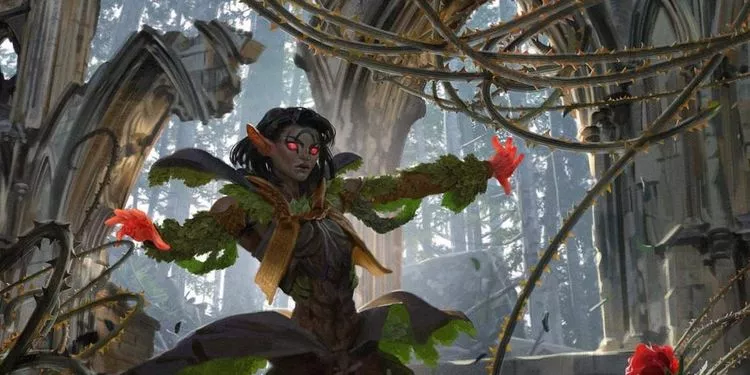
Many of the significant changes made to the druid in One D&D have been reverted. This includes the removal of a Channel Nature feature equivalent to Channel Divinity and a significant overhaul of the Wild Shape mechanic. Although Playtest 6 brings the druid closer to D&D 5e, there are still notable differences.
In the revised version, Wild Shape now relies more on long rests for its uses, and druids must choose a limited number of animal forms they can transform into. Additionally, druids now have access to Primal Orders, which emphasize either weapon combat or spellcasting, similar to clerics. As they progress, druids can choose to specialize in either spellcasting or physical attacks. There are also expanded uses for Wild Shape, such as summoning familiars or converting it into additional spell slots. Furthermore, One D&D introduces a new subclass for druids called the Circle of the Sea, which focuses on aura-based abilities.
Monk
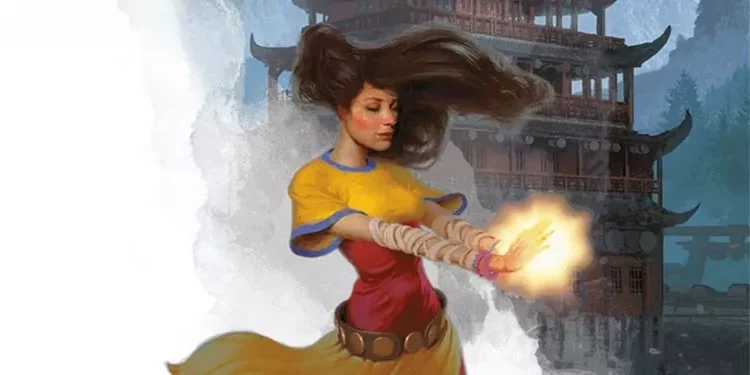
The monk is the final class to undergo any iteration in One D&D, making its debut in Playtest 6. While many of the monk’s changes are mainly cosmetic, there are some notable adjustments. Features like Ki and Stillness of Mind have been given more generic names such as Martial Discipline and Self-Restoration. Additionally, the class receives a general damage boost, with Martial Arts starting at d6 damage and progressing to d12.
Similar to other martial classes, One D&D monks gain access to Weapon Mastery, although this does not apply to Unarmed Strikes. Alongside this, monks receive several new features. They can utilize Heightened Metabolism, enabling them to take a short rest within a minute. Deflect Energy allows them to block magical ranged attacks, much like how Deflect Missiles defends against physical projectiles. Moreover, monks can expend Martial Discipline to heal from 0 hit points by invoking Defy Death.
Fighter
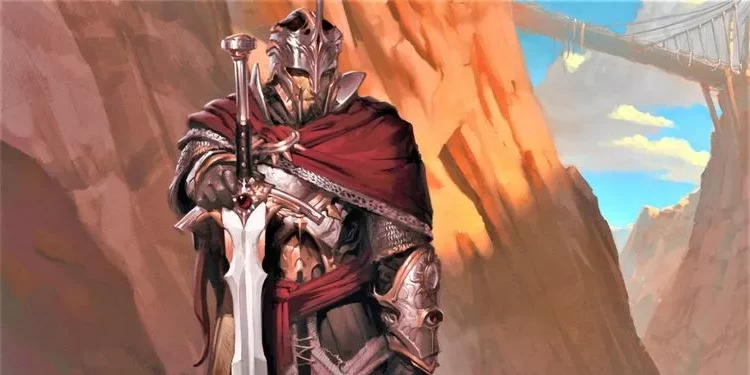
The One D&D changes to the fighter class may appear more subtle compared to other classes. However, the fighter remains focused on martial expertise, while finding a unique niche through the Weapon Mastery system. In One D&D, fighters have the ability to utilize the Mastery Property of a wider range of weapon types compared to any other class. Additionally, as they progress, fighters gain features that allow them to swap or expand the Mastery Properties of their weapons.
Some of the fighter’s features have been adjusted to occur earlier in their progression. Notably, they gain their third extra attack and the Champion subclass’s Superior Critical ability earlier. Indomitable, a fighter feature, has also been significantly improved by adding the fighter’s level to the saving throw they reroll. However, Action Surge is now limited to specific combat actions such as attacking. Second Wind, while having more uses, no longer recharges on a short rest.
Paladin
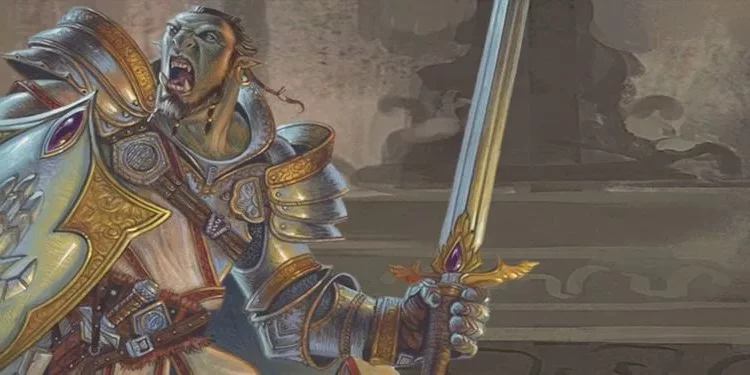
The One D&D paladin’s second iteration, featured in Playtest 6, reverts several changes and maintains similarities with the D&D 5e version. However, it still retains a few significant differences. Notably, Lay on Hands has become a bonus action, enabling paladins to heal and attack within the same turn. Additionally, paladins gain spellcasting abilities starting from the first level, allowing them to choose spells from the entire Divine spell list.
Similar to other martial classes, paladins in One D&D also acquire Weapon Mastery. The effectiveness against specific enemy types, such as undead or fiends, has been replaced with the Abjure Enemies feature. The version of Divine Smite in One D&D differs significantly from its D&D 5e counterpart. Now, all types of smites are cast as spells when an attack successfully lands. Furthermore, these smites work not only with weapon attacks but also with unarmed strikes.
Rogue
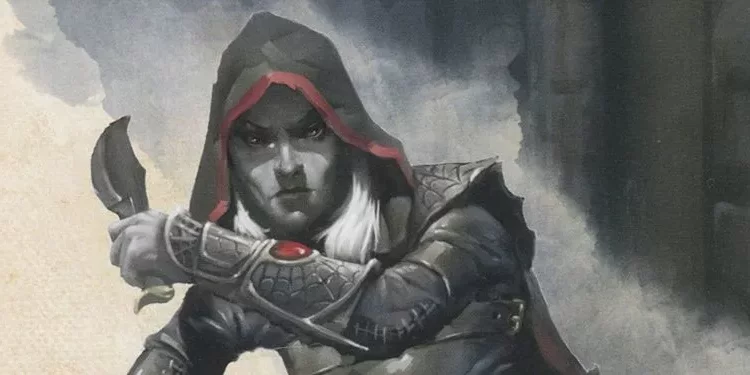
Rogues in One D&D remain largely unchanged, retaining their familiar playstyle and many of their core features. One significant alteration, which required them to use Sneak Attack only on their turn, has been reverted in Playtest 6. However, this document also introduces one of the most significant buffs to the class, inspired by D&D 5e.
Starting at fifth level, One D&D rogues gain the ability to enhance their Sneak Attack with Cunning Strikes, and as they advance, they unlock additional options. This allows them to sacrifice d6s of damage in exchange for inflicting various effects such as disarming, tripping, poisoning, and blinding their targets. Furthermore, rogues now have access to Weapon Mastery and the Cunning Aim feature from Tasha’s Cauldron of Everything, providing them with even more options and versatility.
Ranger

The ranger class in D&D 5e has long been considered one of the weaker classes by fans. However, One D&D incorporates various attempts from previous editions to strengthen the ranger, while also introducing its own ideas. Notably, rangers now gain spellcasting abilities from the first level. They are prepared casters with access to the entire Primal spell list and have the flexibility to prepare a different spell each day.
To keep rangers on par with other martial classes, One D&D includes the Weapon Mastery feature. Many of the ranger’s previous wilderness exploration features have been replaced. Instead, rangers now gain Expertise in one skill and have advantage on checks related to two changeable environments. Favored Enemy has also been revamped, providing rangers with free casts of Hunter’s Mark. This spell now grants bonus damage to a single attack.
Sorcerer
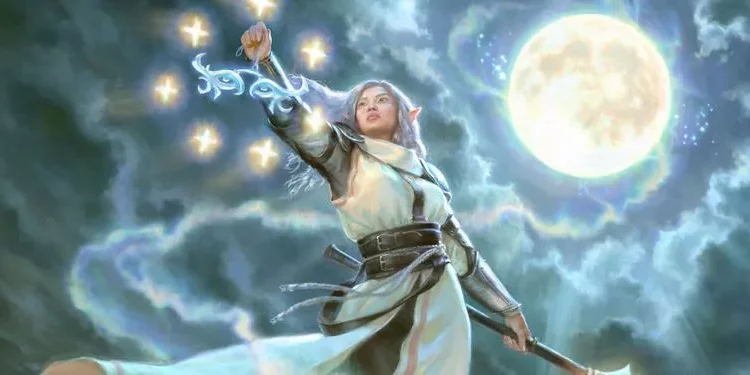
The sorcerer undergoes significant changes in One D&D, primarily focusing on emphasizing and enhancing their spellcasting abilities. One notable improvement is that sorcerers no longer have a shorter spell list compared to wizards. Both classes now draw spells from the new Arcane spell list. Additionally, sorcerers learn a greater number of spells, up to 22 spells, in addition to their innate features. Many of their abilities grant them unique spells that embody the raw potential of magic.
Furthermore, One D&D introduces quality-of-life changes for sorcerers. They now gain access to Metamagic at second level, providing them with additional options to manipulate their spells. Several Metamagic options have been tweaked, such as Careful Spell, which now protects creatures from all forms of damage, and Subtle Spell, which allows sorcerers to cast spells without requiring material components. Twinned Spell has undergone a complete redesign, now allowing sorcerers to save on spell slots when casting a spell repeatedly.
Wizard
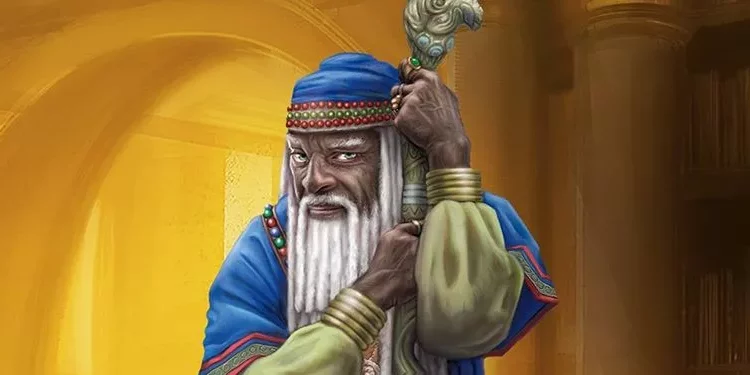
Wizards in One D&D experience minimal changes, as they continue to maintain their core focus on spellcasting and intellectual prowess. Their new abilities serve to complement their existing playstyle. Notably, wizards can now utilize their spellbook as their spellcasting focus, streamlining their magical practices. They also gain abilities like Spell Mastery and Signature Spells at earlier levels, further enhancing their versatility and specialization.
The only notable adjustment for wizards is that Arcane Recovery has been shifted from first level to second level. This tweak ensures a more balanced progression of their class features. Additionally, there have been changes in design philosophy. One D&D wizard subclasses now represent different types of wizards, rather than being tied to specific schools of magic. Furthermore, wizards gain access to three unique spells that involve modifying magic and codifying the altered version as brand-new, handcrafted spells, reflecting their mastery over the arcane arts.
Warlock
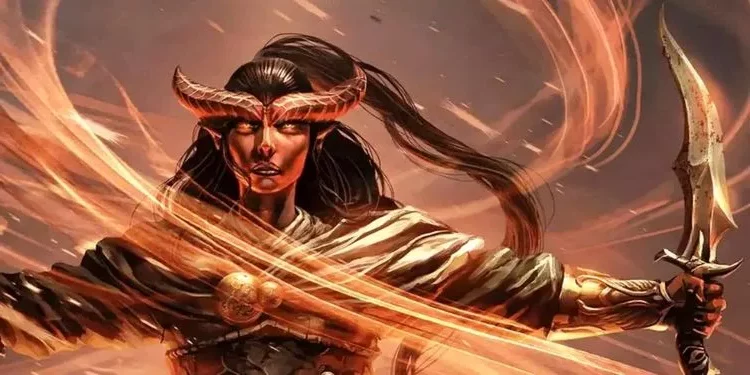
Warlocks are known for their distinctive mechanics in D&D 5e, and One D&D’s version in Playtest 5 aims to align them more closely with other spellcasters in some aspects while maintaining their unique flavor. In this iteration, warlocks have relinquished their Pact Magic in favor of spell slots that replenish after a long rest. However, these spell slots only reach a maximum level of fifth and are gained at a slower rate compared to other classes.
One D&D warlocks now receive their Pact Boons at first level and their patron at third level, shaping their unique paths from an early stage. To acquire Mystic Arcana, warlocks must utilize their Eldritch Invocations, which now grant access to spells of higher levels than they can naturally cast. One notable enhancement is that, depending on their Pact Boon, warlocks can use their choice of Intelligence, Wisdom, or Charisma as their casting ability modifier. They also have exclusive access to spells like Hex and Eldritch Blast by default. Pact of the Blade warlocks can now make weapon attacks using their spellcasting ability modifier without needing to take the Hexblade subclass.
